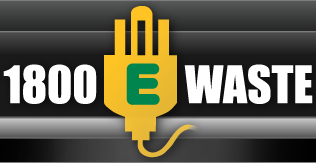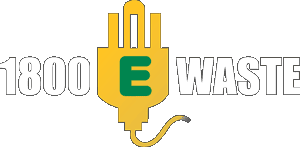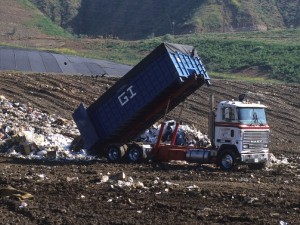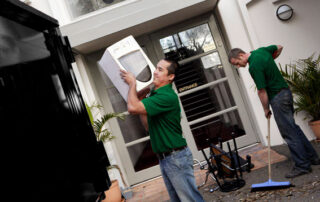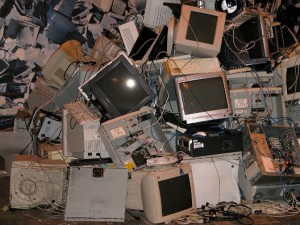Articles on e-waste and computer recycling
Disposing of Electrical Goods
These days, people have easier access to get newer and updated models of electrical goods. Manufacturers and retailers have made it sure that their products are more relevant, packed with more features and more affordably priced in order to gain a higher sales number and a wider market reach. However, buying a new electrical item also means discarding the old model. Most consumers don’t know what they should do with their old items. While deciding on what to do with the items, these electrical goods would use up a lot of space in our homes. Over time, these items can easily pile up if
